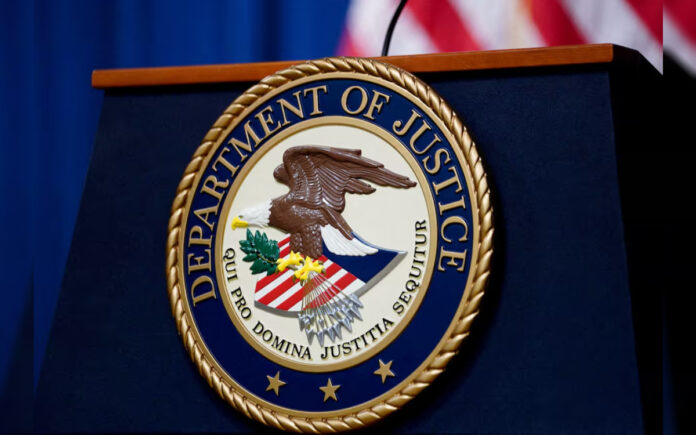Washington: The U.S. Justice Department’s internal watchdog has raised concerns about prosecutors’ decisions to subpoena phone and email records from members of Congress and their staff during the early years of Donald Trump’s presidency, citing potential risks to congressional oversight.
The Office of Inspector General (OIG) revealed on Tuesday that records were subpoenaed from two Democratic lawmakers and 43 staffers—nearly evenly split between Democrats and Republicans—as part of investigations into leaks of classified information to media outlets in 2017 and 2018.
These subpoenas followed a Washington Post report in July 2017 detailing a meeting between then-Russian Ambassador Sergey I. Kislyak and Trump campaign adviser Jeff Sessions, citing intelligence intercepts to corroborate the interaction.
Among those whose records were subpoenaed was Kash Patel, a Republican aide to Devin Nunes on the House Intelligence Committee and later Trump’s pick for FBI director. Patel learned of the subpoena when Google notified him and subsequently filed a lawsuit against the FBI and the Justice Department.
Democratic Representatives Adam Schiff, who recently won a Senate seat, and Eric Swalwell, both members of the House Intelligence Committee, had previously disclosed that their records were also subpoenaed.
“We are glad that the Department of Justice Inspector General conducted a thorough investigation, and that the Inspector General has recommended safeguards to further protect the media and the separation of powers,” a spokesperson for Schiff stated.
Broader Implications of Subpoenas
The investigations occurred during a period when Trump repeatedly criticized leaks to the media about alleged connections between his 2016 campaign and the Russian government. A 2017 intelligence report concluded that Russian President Vladimir Putin orchestrated an influence campaign to undermine Democratic candidate Hillary Clinton and bolster Trump’s candidacy. The Kremlin denied meddling, while Trump refuted allegations of collusion.
The New York Times reported that four of its journalists’ information was subpoenaed over a story on former FBI Director James Comey’s handling of investigations during the 2016 campaign.
Also Read | Lawsuit Claims Food Giants Use ‘Addictive’ Tactics, Endangering Children’s Health
While the OIG investigation found no evidence of political motivation, it noted that “dozens of congressional staffers became part of the subject pool in a federal criminal investigation for doing nothing more than performing constitutionally authorized oversight of the executive branch.” The report criticized the subpoenas for creating the “appearance of inappropriate interference” in Congress’s work. No charges were brought, and the investigations are now closed.
Subpoenas Targeting Media
Prosecutors also sought phone or email records from eight journalists at major outlets, including The New York Times, The Washington Post, and CNN. These subpoenas, often issued to third-party technology and phone companies, generally excluded the content of calls or messages but, in some cases, were accompanied by court orders preventing the journalists or staffers from learning about them for years.
Inspector General Michael Horowitz concluded that the Justice Department failed to adhere to some of its policies designed to shield journalists from being implicated in criminal investigations.
Also Read | US Official: Chinese Naval Deployments Match Past Drills
In response to public backlash, the Justice Department updated its policy in 2021, imposing broad restrictions on subpoenaing reporters’ communication records. Additionally, in September, the department revised its policies concerning records requests involving Congress members or their staff after reviewing a draft of the OIG report.



